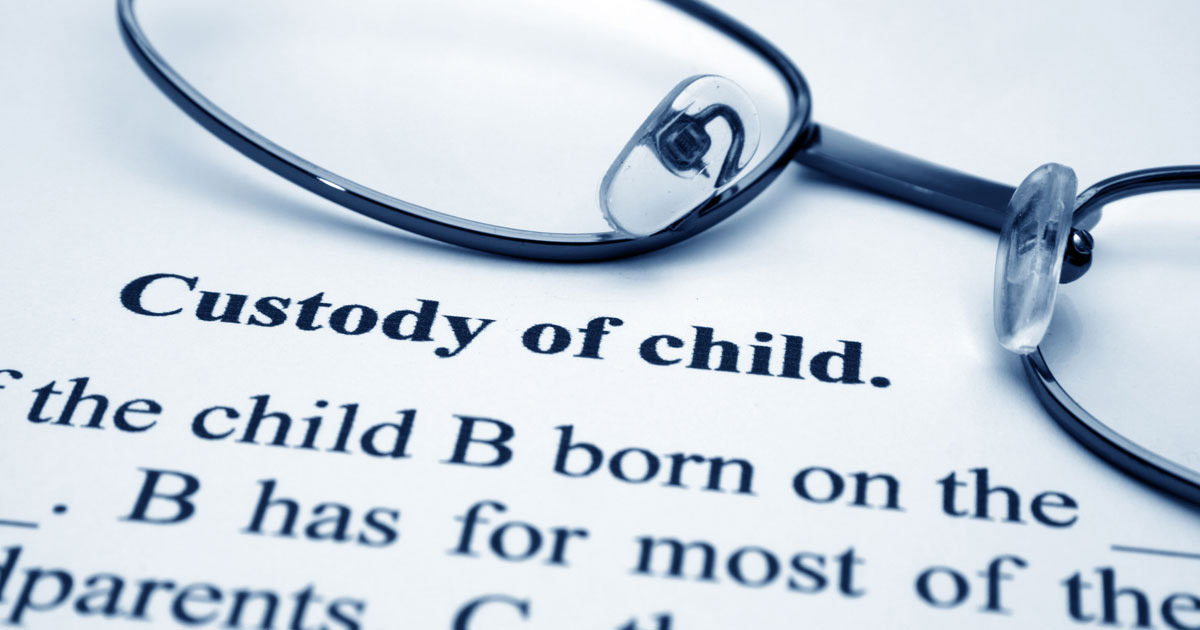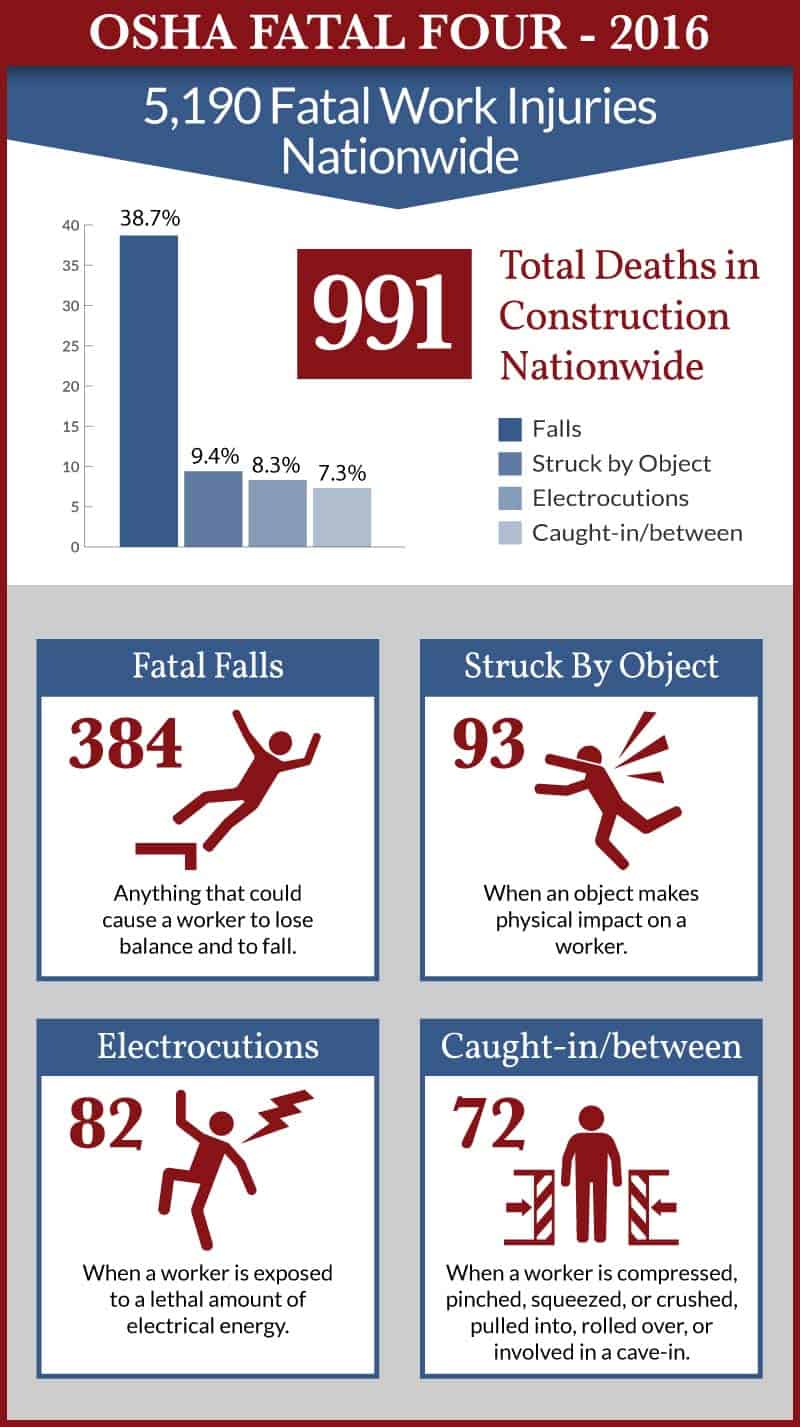What Happens to a Child Custody Order if a Parent Dies?

Child custody orders typically grant custody to the custodial parent and visitation rights to the other parent. However, what happens to a child custody order when a parent dies? The answer to this question depends on a number of factors, including the parents’ relationship, who is willing to assume responsibility, and the child’s best interests. Pennsylvania law dictates the circumstances in which a child custody order may be either upheld or modified and who will ultimately be granted custody of the child.
What are the Different Types of Child Custody Arrangements?
When parents to a minor child divorce, one of the main issues that must be decided is child custody. Custody may be decided by the parents without involving the courts. However, if parents are not able to come to an agreement, the court may have to step in and make the decision for them. In these cases, the court will decide on the following types of child custody:
- Physical Custody: This refers to which parent the children will live with primarily. Typically, one parent is granted physical custody, and the other parent is granted visitation rights.
- Legal Custody: A parent who is granted legal custody of the children will be entitled to make important decisions on behalf of the child, such as where the child will go to school, what religion the child will belong to, and what kind of medical care the child will receive.
- Joint Custody: Courts prefer to grant parents joint physical and legal custody of children. A joint custody arrangement is one in which both parents share responsibilities when it comes to the child’s living arrangements and decisions concerning the child’s welfare.
- Sole Custody: Typically, a parent may be granted either sole physical or legal custody of the child if the other parent is deemed unfit. Sole custody is generally reserved for cases in which one parent has a drug or alcohol addiction or has a history of children abuse or neglect.
How is Child Custody Decided in Pennsylvania?
Courts in Pennsylvania consult a statutory list of factors when making custody determinations. The list includes considerations, such as the child’s age, each parent’s living accommodations, the physical and mental health of each parent, and the child’s wishes, if they are allowed. Out of all the factors, the most important one is the best interests of the child; courts will consider this above all else. Although there is no universal definition of the best interests of the child, Pennsylvania law provides some guidance for courts when it comes to this primary consideration. Some factors to take into account include:
- Which party is more likely to tend to the child’s needs
- Any present or past abuse regarding drugs or alcohol by either party
- Parental duties performed by each party
- Stability in the child’s education, family, and community
- Availability of extended family
- The child’s sibling relationships
Can a Child Custody Order be Modified?
Once a child custody order has been entered, it can be modified either by mutual agreement of the parents or by the court at the formal request of one parent. If a parent petitions for modification, they must show why the modification would be in the best interests of the child. The court’s priority will be the best interests of the child. Courts are generally reluctant to change established custody orders and will only do so in certain circumstances, such as if:
- The child is in immediate danger
- A parent is not following the visitation schedule
- One parent is relocating
- A parent dies
Who Will Take Custody of the Child After the Death of a Parent?
When a parent dies, the child custody order may be modified to give custody to the surviving parent, another relative, or a third party. Who will be granted custody depends on which parent passed away and their relationship to the other biological parent, as well as to the child.
Typically, if both parents had shared custody of the child, then the surviving spouse will be granted sole custody following the death of the other parent. For a surviving parent to be denied custody, clear and convincing evidence must be presented to show that it would not be in the child’s best interests and would instead be detrimental to the child.
If the parents were divorced and the sole custodial parent dies, the non-custodial parent will generally be awarded custody unless extenuating circumstances exist, such as a history of child abuse, crime, or drug or alcohol addiction. Barring those circumstances, the surviving non-custodial parent will be granted sole physical and legal custody of the child.
If the custodial parent has remarried, custody will depend in part upon the relationship between the stepparent and the child. A stepparent who has not legally adopted a child is said to be standing in loco parentis, or in the place of a parent. Although preference is given to biological parents, the child’s best interests are of paramount importance. A stepparent may be granted either custody or visitation rights, depending on their relationship with the child.
In cases in which the child’s parents were not married and paternity is uncertain, a non-custodial father may be required to provide proof of paternity in order to obtain custody. This can be provided in the form of a paternity test or statement.
Potential Guardians of the Child if Both Parents are Deceased
When both parents die, the court will consider family members first and then third parties as potential guardians. Grandparents will be given priority, followed by siblings, and then more distant relatives, such as uncles, aunts, and cousins. When no family members are willing and able to take custody of the child, the court will then look to family friends, such as godparents.
In making this determination, the court will determine whether there is already an established relationship between the kid and the family friend, and whether having the third party obtain custody is in the best interests of the children. If no family and no family friends are willing and able to take custody, the child will be placed in foster care where they will be available for adoption.
Can Third Parties Seek Custody or Visitation?
In situations where both biological parents are absent, such as when they are deceased, grandparents or other third parties, including friends or neighbors, may seek custody of the child. If a third party was granted visitation rights prior to the parent’s death, that third party may retain those rights, as the trial court maintains jurisdiction over the case. If, however, a third party wishes to initially contest custody or visitation only after the parent’s death, they must do so by way of a separate guardianship or dependency proceeding. If a person is concerned about custody rights over orphaned children, they should speak to a lawyer as soon as possible. A lawyer will be able to explain the best possible options.
Bucks County Divorce Lawyers at Freedman & Lorry, P.C. Assist Families with Child Custody Issues
In cases involving child custody orders, the death of a parent often presents complex legal issues. Our Bucks County divorce lawyers at Freedman & Lorry, P.C. are experienced in all types of family law matters and can help you navigate the legal system during this difficult time. Call us at 888-999-1962 or contact us online for a free consultation. Located in Philadelphia, and Cherry Hill, New Jersey, we serve clients throughout Pennsylvania.
